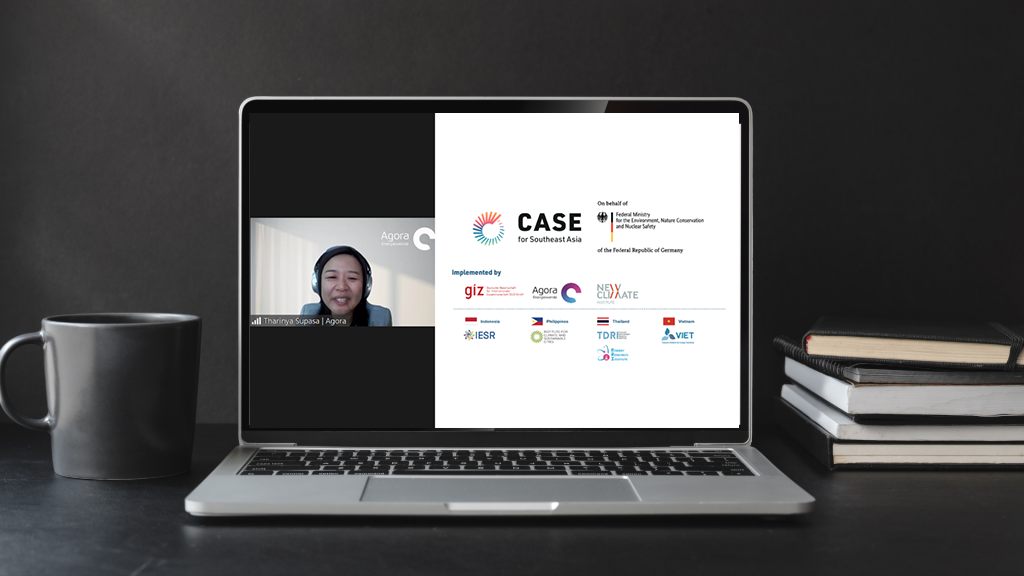The high price of solar panels in Indonesia, said Pamela, is due to the low production of solar panels in Indonesia. With the price factor of the module being more…
The second position is occupied by NRE which from 2019 to 2021 shows a positive growth trend. It is predicted that this positive trend will not only persist but will…
Warta Ekonomi | IPCC Report 2020: Alarm! Increase in Earth’s Temperature Reaches 1.2 Degrees Celsius
Pamela, the Research Coordinator of the Institute for Essential Service Reform (IESR), stated that an increase of 1.2 degrees Celsius in 2020 is already approaching the 1.5 degrees Celsius limit…
Research Coordinator of the Institute for Essential Service Reform (IESR) Pamela Simamora said the global use of electric vehicles (EV) continues to grow. The value of sales in China reached…
Based on data from the BP Statistical Review of World Energy in 2021, the use of new and renewable energy (NRE) occupies the second position in the use of primary…
Leaders in Jakarta have outlined a goal of reaching 23% renewable energy by 2025 – an ambitious step-up from the 13% renewable energy penetration in Indonesia’s 2019 primary energy mix.…
Bisnis | RI’s Solar Power Plants Industry Potentially Attracts US$14.4 Billion of Foreign Investment
A study by the Institute for Essential Service Reform (IESR) revealed that the national solar program with a target of 18 gigawatts through the use of solar power plants (PLTS)…

In the course of economic recovery after the Covid 19 pandemic, Indonesia is currently at a crossroads to choose the path of green economic recovery, or the path of economic…
